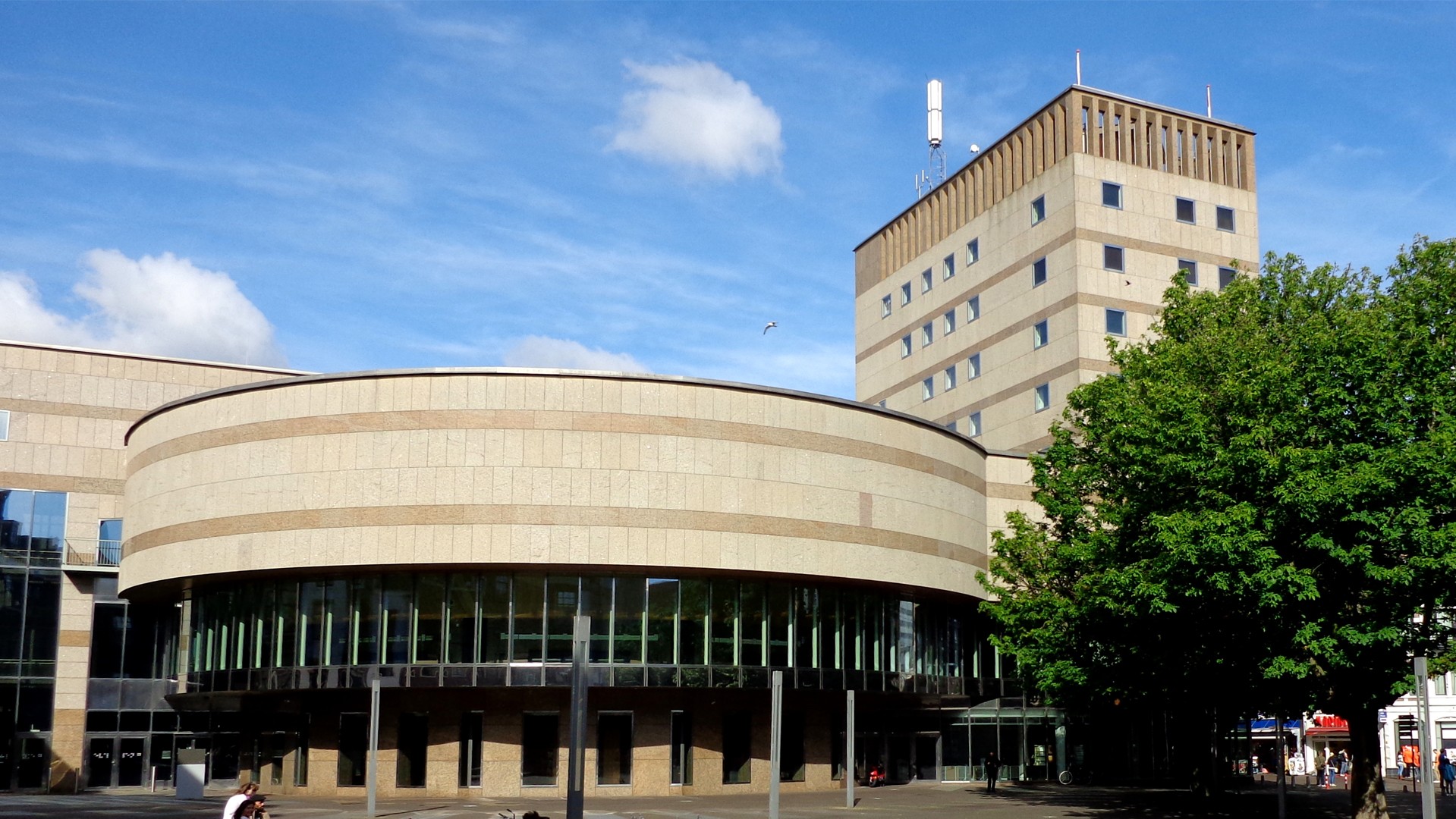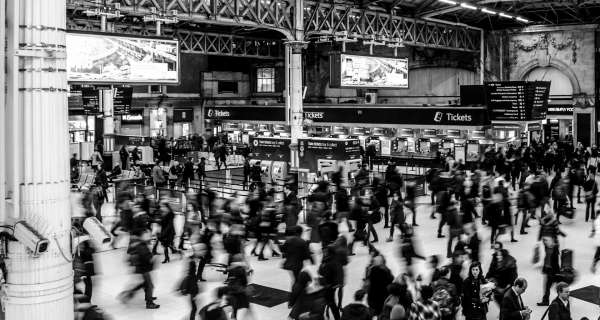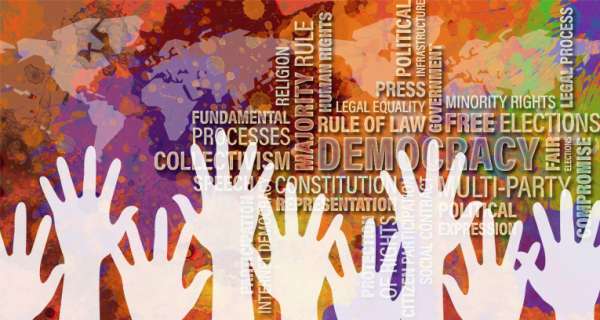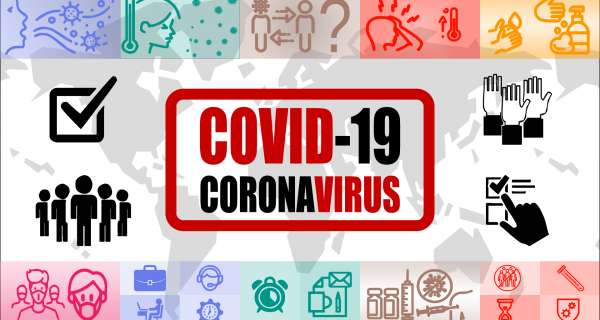Netherlands

The House of Representatives. Photo by Joao Pimentel Ferreira.
Since 1897, The Netherlands, a parliamentary democracy, is described as a consociational state. Dutch politics and governance are characterized by an effort to achieve a broad consensus on important issues, both within the political community and in society as a whole.
The monarch is the head of state, the office is equipped with limited powers. By law, the King has the right to be periodically informed and consulted on governmental matters.
The executive branch is made up of the Council of Ministers, usually consisting of 13 to 16 ministers and a variable number of secretaries of state. The head of government is the Prime Minister of the Netherlands, who is often the leader of the largest party in the coalition, with no explicit powers beyond those of the other ministers.
The cabinet is responsible to the bicameral parliament, the States-General, which also has legislative powers. The 150 members of the House of Representatives, the lower house, are elected in direct elections on the basis of proportional representation by party list.

























0 Comments